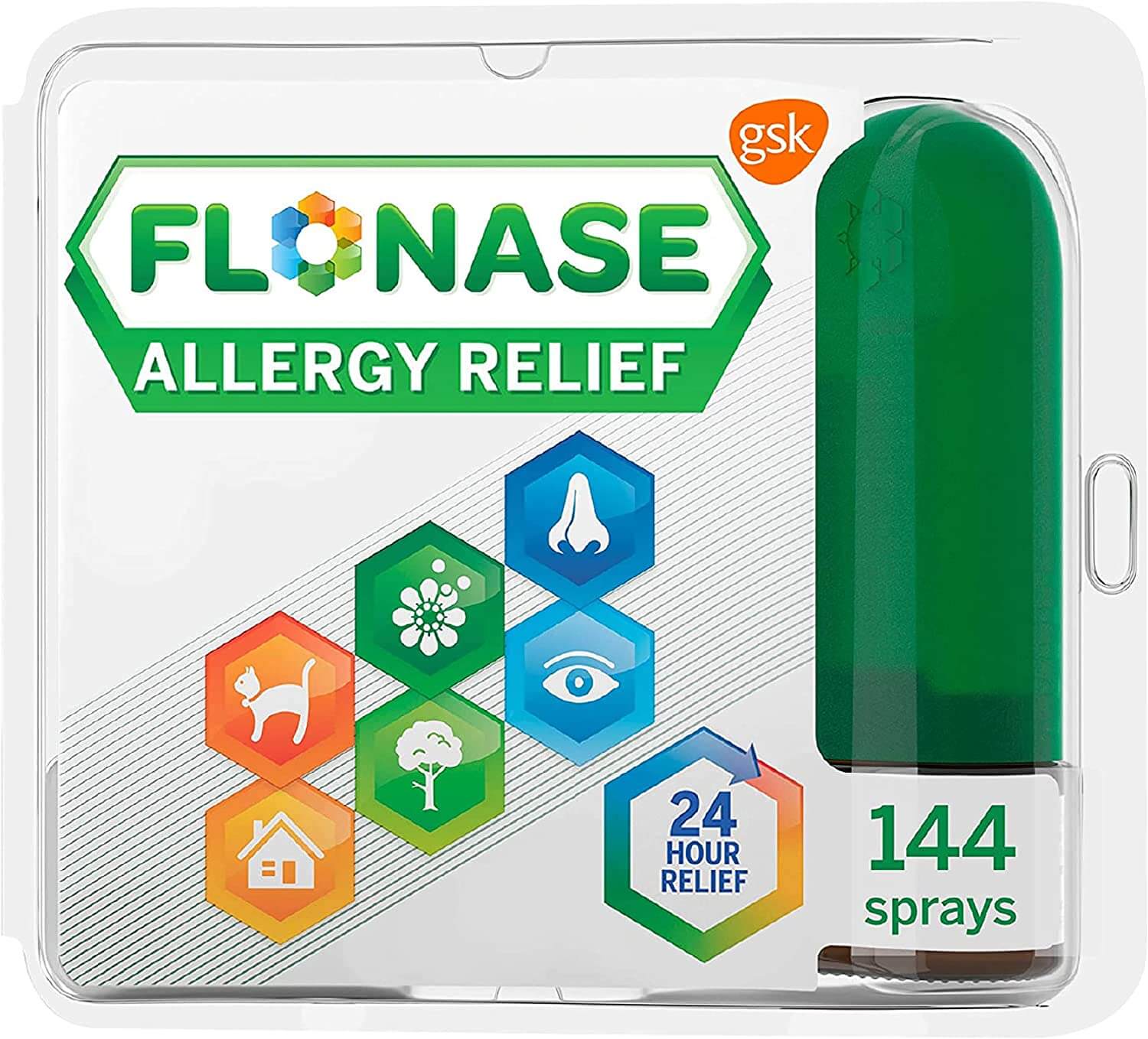For many, the changing seasons bring more than just new weather; they also usher in the challenging symptoms of seasonal allergies. As the landscape of allergens shifts from winter to spring, managing these symptoms becomes a critical part of daily life for many allergy sufferers — especially as countless trees and flowers start sprouting.
Let’s explore some of the practical and effective strategies for keeping seasonal allergies at bay, drawing from the experiences of those who’ve navigated this path successfully.
1. Embrace Clean Air Practices
Creating an allergen-free environment is vital. Regularly changing air filters in your home and car can significantly reduce the presence of airborne allergens.
Consider using HEPA filters, which are particularly effective at trapping small particles like pollen and dust. Keeping windows closed during high pollen days and using air purifiers can also create a sanctuary free from outdoor allergens.
2. The Power of Hygiene
Simple hygiene practices can make a big difference. Showering before bed to remove pollen and other allergens from your skin and hair can prevent them from spreading to your bedding. Washing bedding regularly in hot water kills dust mites and removes accumulated allergens. These practices help ensure your sleeping area remains clean and symptom-free.
3. Over-The-Counter Medications
Many find relief in over-the-counter (OTC) allergy medications. Antihistamines can effectively reduce symptoms like sneezing and itching. Nasal corticosteroids, like Flonase, are beneficial for nasal congestion and inflammation. It’s essential to use these medications as directed and consult a healthcare provider for the best approach, especially for long-term use.

4. The Natural Touch: Honey and Herbal Teas
Incorporating natural remedies can complement traditional medicine. Local honey, consumed regularly, may help build tolerance to local pollen. Herbal teas, such as peppermint or ginger, can soothe symptoms and provide comfort. While not a substitute for medical treatment, these natural options can offer additional relief.
5. Understanding the Pollen Count
Staying informed about daily pollen counts can help you prepare and adjust your activities accordingly. High pollen days might call for spending more time indoors or taking preemptive measures if outdoor exposure is unavoidable. Many weather websites and apps provide this information, making it easily accessible.
6. Eye Care Essentials
For itchy and watery eyes, a dual approach can be beneficial. Alongside antihistamine eye drops, wearing sunglasses outdoors can protect your eyes from pollen. Choosing glasses that wrap around can provide extra protection and reduce exposure.

7. Diet and Allergies: The Connection
Your diet can influence allergy symptoms. Foods rich in omega-3 fatty acids, like salmon and walnuts, may have anti-inflammatory properties. Spicy foods can help clear nasal passages.
However, some foods can worsen symptoms, particularly those related to specific pollen allergies, so it’s important to be aware of any food-pollen syndromes you might have.
8. Exercise Indoors During Peak Allergy Season
Exercising outdoors can increase exposure to allergens. During peak allergy season, consider indoor workouts or choose times when pollen counts are lower for outdoor activities. This can help minimize allergy symptoms while keeping you active and healthy.
9. Clothing and Allergies
After spending time outdoors, allergens can cling to clothing. Changing clothes and washing them after outdoor activities can reduce the spread of allergens in your home. Wearing a hat and glasses can also help keep pollen away from your hair and eyes.
10. The Role of Stress Management
Manage stress through enjoyable practices like yoga and meditation to control allergy symptoms. Adopt a multifaceted approach, including lifestyle changes, medical interventions, and natural remedies. Know your triggers, and consult healthcare professionals for a personalized plan to enjoy all seasons with fewer interruptions from allergies.
The Bottom Line
Navigating seasonal allergies requires a multifaceted approach, blending practical lifestyle adjustments, medical interventions, and natural remedies. By understanding your specific triggers and how to manage them, you can enjoy all seasons with fewer interruptions from allergy symptoms. Consulting with healthcare professionals is crucial in developing a personalized and effective allergy management plan.
You might also be interested in:
